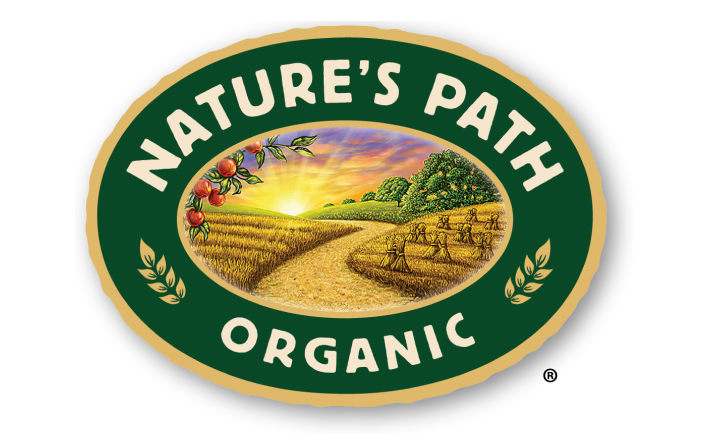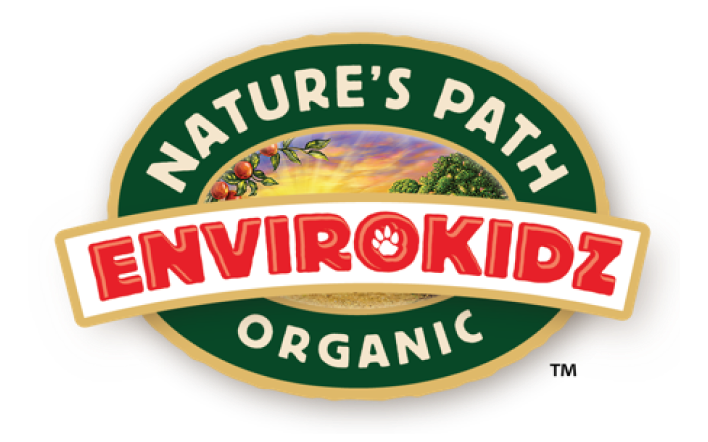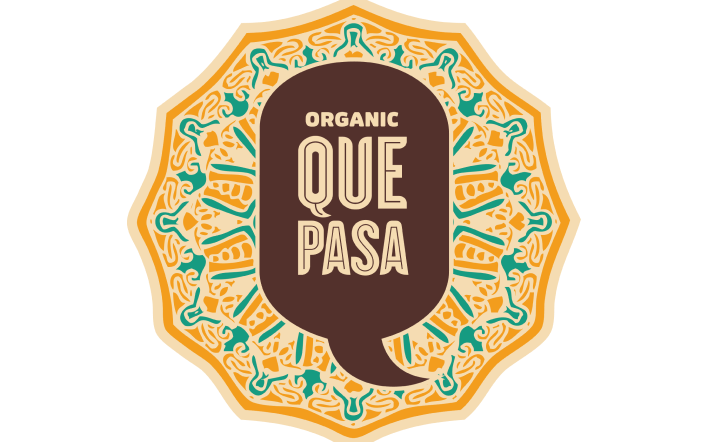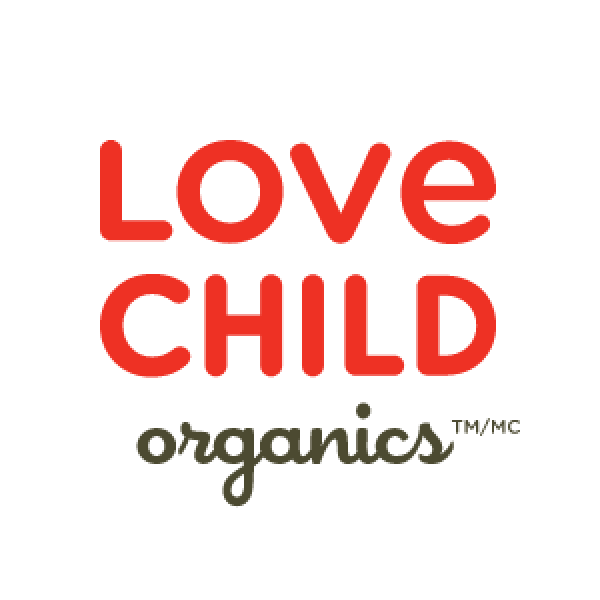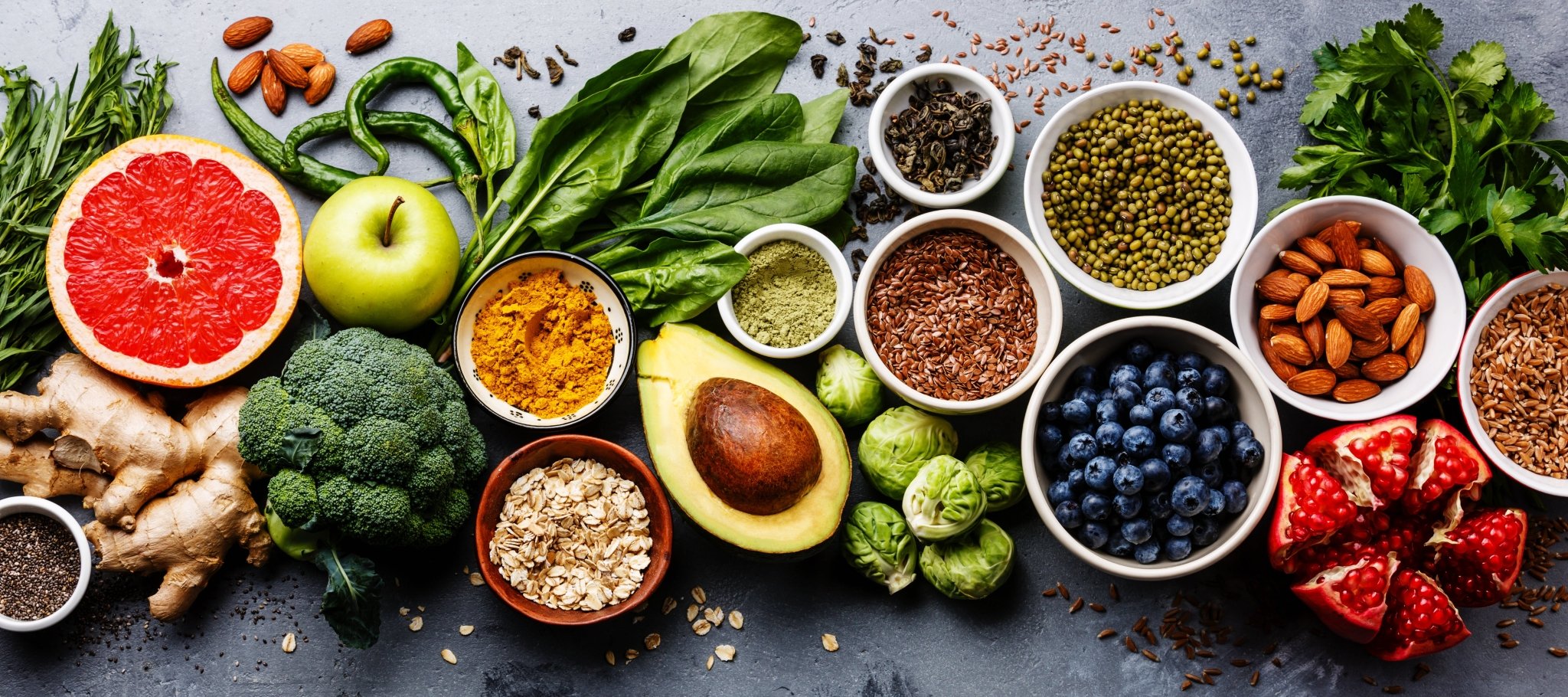
4 Tips For Buying Nuts, Seeds, Fruits, and Veggies
Tags:
When you need a quick snack to boost your energy and quell hunger, a handful of nuts or a piece of fruit are excellent options. Loaded with plant-based protein, healthy fats, and essential nutrients - nuts and seeds are definitely something you should keep on hand. Fruits and veggies play an important role in a balanced diet as well, so make sure to keep your refrigerator stocked.
To get the maximum benefit from these healthy snacks, you should buy organic and purchase them as fresh as you can find them. It’s fairly easy to tell when fruits and vegetables are bad, but how do you know when they are just about to peak? And how do you store nuts and seeds for maximum freshness and shelf life? Keep reading to receive some tips for buying and storing nuts, seeds, fruits, and veggies.
1. Make Sure It's Fresh
In most cases, it will be easy to tell if fruits and vegetables are past their peak or downright rotten, but it can be tricky to pick out produce that is ripe and ready to eat.Fruits
- The flesh should be firm with a little give, but you shouldn’t see or feel any pits or dents under the surface.
- You should also be able to catch a hint of the fruit’s aroma, though a very strong aroma is an indication of over-ripeness.
Vegetables and Leafy Greens
- Make sure the surface of the item is smooth and evenly colored all the way around.
- For things like peppers, onions, and cucumbers, you want them to be very firm – soft spots can be an indication of rotting or bruising.
- Leafy greens should be firm and crisp, though it is normal to find a few browning or broken leaves in the bundle – just make sure that these are the exception and not the rule.
- For beans and peas, they should be plump with a good snap.
Nuts and Seeds
Determining whether nuts and seeds are fresh can be a little more difficult and sometimes the best option is to simply taste one.- If the item tastes sour or bitter, the fats may have gone rancid. If the nut or seed is rancid, you may also notice an unpleasant fishy odor.
- If they have darkened in color, shriveled up, or become moldy, they are no longer good.
2. Buy In Bulk
Nuts and Seeds
While it may be easy to simply walk down the dry goods aisle and pick up a canister of cashews or a bag of Brazil nuts, buying nuts in bulk is usually a better option.- Bulk nuts and seeds are usually fresher than canned, and you can actually see what you are buying.
- If you eat a lot of nuts and seeds, buying in bulk is a more cost-effective option.
Fruits and Vegetables
When it comes to fruits and vegetables, you have to be careful about which items you purchase in bulk.- Fresh produce doesn’t last as long as nuts and seeds, so purchase only as much as your family can eat while it is fresh.
- Some fruits and veggies do freeze well, so you can still buy in bulk and store the extra. Most fruits and berries can be frozen fresh, but veggies like broccoli, carrots, and leafy greens should be blanched before freezing.
3. Always Buy Raw
Nuts and Seeds
Whether you’re buying in bulk or not, it is important to purchase raw nuts and seeds. When they are roasted, nuts and seeds lose some of their valuable enzymes, minerals, and other nutrients.- Even if you plan to toast the nuts yourself, buying raw will keep them as fresh as possible until then.
- It is also a good idea to purchase your nuts and seeds unsalted – salted nuts are much too high in sodium, so it is best to do the seasoning yourself.
Fruits and Vegetables
For fruits and vegetables, buying fresh should be a no-brainer. But where do you find the freshest fruits and veggies?- One option is to check your local organic or health food market. These stores often have the best selection of organic produce, though you may pay a premium for it.
- During the summer and fall, take advantage of farmers markets and community shared agriculture (CSA) programs to get the freshest produce for the best price.
4. Storage is Everything
Nuts and Seeds
Nuts and seeds contain oils that can go rancid if they are exposed to heat or moisture.- To keep your nuts and seeds as fresh as possible, store them in an airtight glass container in the fridge.
- If you like to make your own nut milks or if you want to use nuts and seeds in smoothies, you may need to soak them overnight to start breaking down enzyme inhibitors. When you do, soak them in airtight containers in the fridge then rinse several times before using.
Fruits and Vegetables
Unfortunately, storing fruits and vegetables is not always as simple as just throwing them in the fridge.- It is generally best to leave fresh produce unwashed and stored in the refrigerator until you’re ready to use it.
- If you prefer to wash your produce as soon as you get it home, do so but then dry it completely and wrap loosely in a paper towel before placing it in a plastic bag in the fridge.
- Any fruits and vegetables you store at room temperature should be left loose, though some things like peaches and avocados will ripen more quickly in a paper bag on the counter.
Would you like to be the first to hear about our new products and more? Sign up for our Nature’s Path Newsletter.


